Cedric ‘BIG CED’ Thornton, The Post and Courier A row of enslaved people’s homes are still present on McLeod Plantation Historic Site on Monday Aug. 26, 2019, in Charleston. Gavin McIntyre/ Staff. By Gavin McIntyre gmcintyre@postandcourier.com Featured Image [dropcap]In[/dropcap] recent years, Charleston-area historic sites have dramatically increased their interpretation of slavery and its vital role […]
View MoreTag: American Slavery
The Former Slave Who Sued for Reparations, and Won | The New York Times
Henrietta Wood sued the man who had kidnapped her into slavery for damages and lost wages, offering lessons for today’s debate.
View MoreDred Scott Decision: The Case and Its Impact | ThoughtCo.
By Robert Longley, ThoughtCo. Dred Scott v. Sandford, decided by the U.S. Supreme Court on March 6, 1857, declared that black people, whether free or slave, could not be American citizens and were thus constitutionally unable to sue for citizenship in the federal courts. The Court’s majority opinion also declared that the 1820 Missouri Compromise was […]
View More‘Letter from a Freedman to His Old Master’ | GOOD.IS
Anderson’s letter showed compassion, defiance, and dignity.
View MoreWhat Do You Do After Surviving Your Own Lynching? | Buzzfeed
The most iconic image of racist brutality in America would have looked different had James Cameron not survived a lynching attempt in Indiana in 1930. He devoted the rest of his life not just to civil rights, but to memorializing the moment of his near death.
View MoreHow an accidental encounter brought slavery to the United States | USA Today
Rick Hampson, USA TODAY, USA Today SOURCE slavevoyages.org. Featured Image [dropcap]F[/dropcap]our hundred years ago this summer, a few weeks and 35 miles apart, two epochal events occurred. One was the inaugural meeting of the General Assembly of the Virginia colony – the first elective representative body of its kind in North America. The other was […]
View MoreThe Nuns Who Bought and Sold Human Beings | The New York Times
America’s nuns are beginning to confront their ties to slavery, but it’s still a long road to repentance.
View MoreTrump Fuels Racial Disharmony. Will It Motivate or Discourage Black Voters? | The New York Times
Reid J. Epstein, Jonathan Martin, The New York Times President Trump’s re-election campaign is spending money on social media to push his message to black voters like Mark Greer, a Detroit native. Credit Erin Kirkland for The New York Times. Featured Image [dropcap]DETROIT[/dropcap] — Mark Greer is a black Detroiter so outraged by President Trump’s […]
View MoreRetracing a slave route in Ghana, 400 years on | Reuters
By Siphiwe Sibeko, Reuters ADIDWAN, Ghana (Reuters) – Nana Assenso stands at the grave of his uncle, remembering the man he loved but also a past that has haunted his family for generations. His uncle was called Kwame Badu, a name that has been passed on through the family in remembrance of an ancestor with that […]
View MoreFrom Glasgow to Tulsa: A Scot wrestles with his racial identity | The Scotsman
Martyn McLaughlin, The Scotsman The Tulsa Race Riot of 1921, during which white residents destroyed the prosperous black neighborhood of Greenwood, left as many as 300 people dead and 8,000 homeless. Credit Oklahoma Historical Society/Getty Images. Featured Image Early exposure to prejudice drove Eric Miller across the Atlantic to demand reparations for African American victims […]
View More
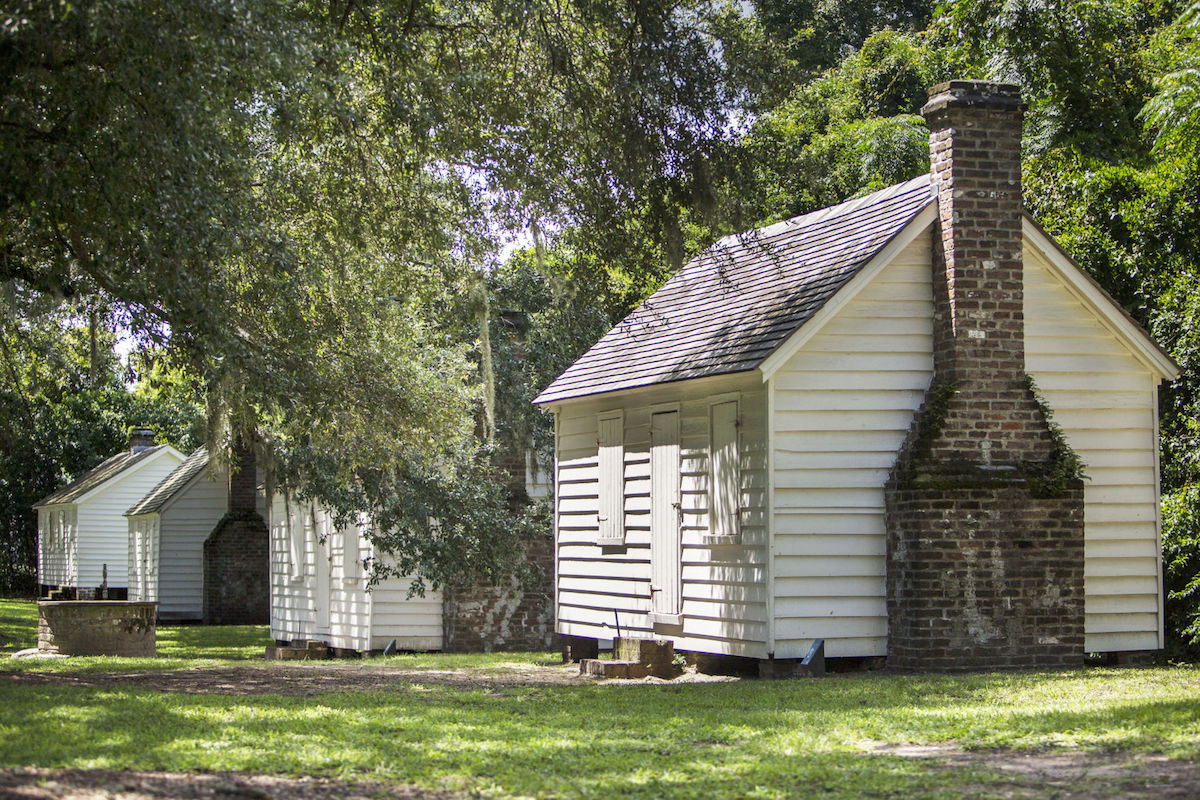
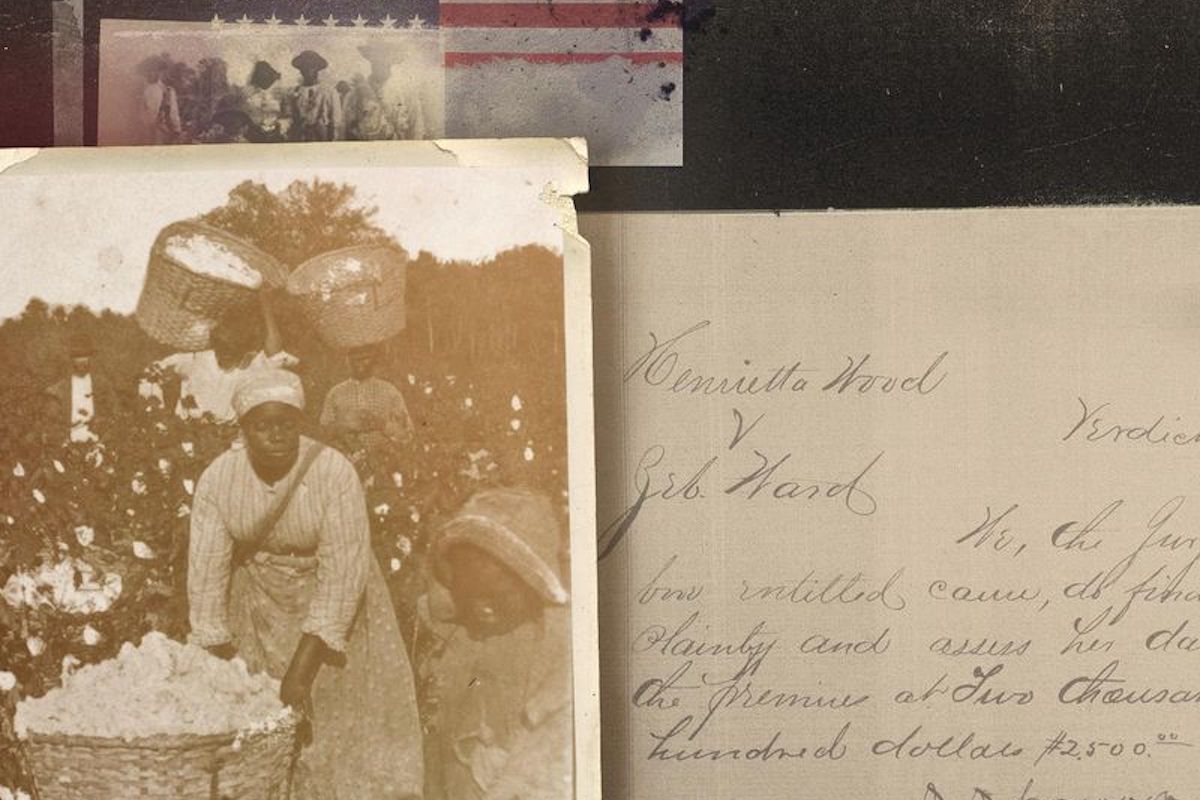
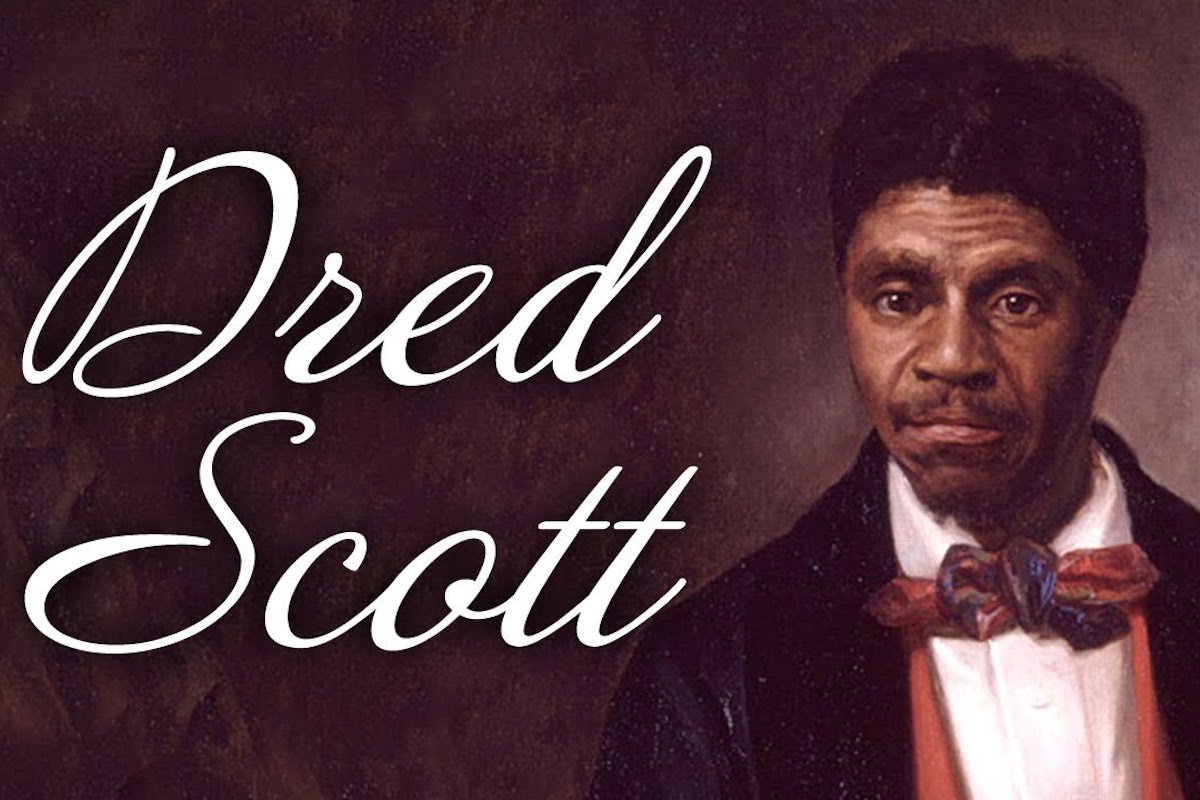

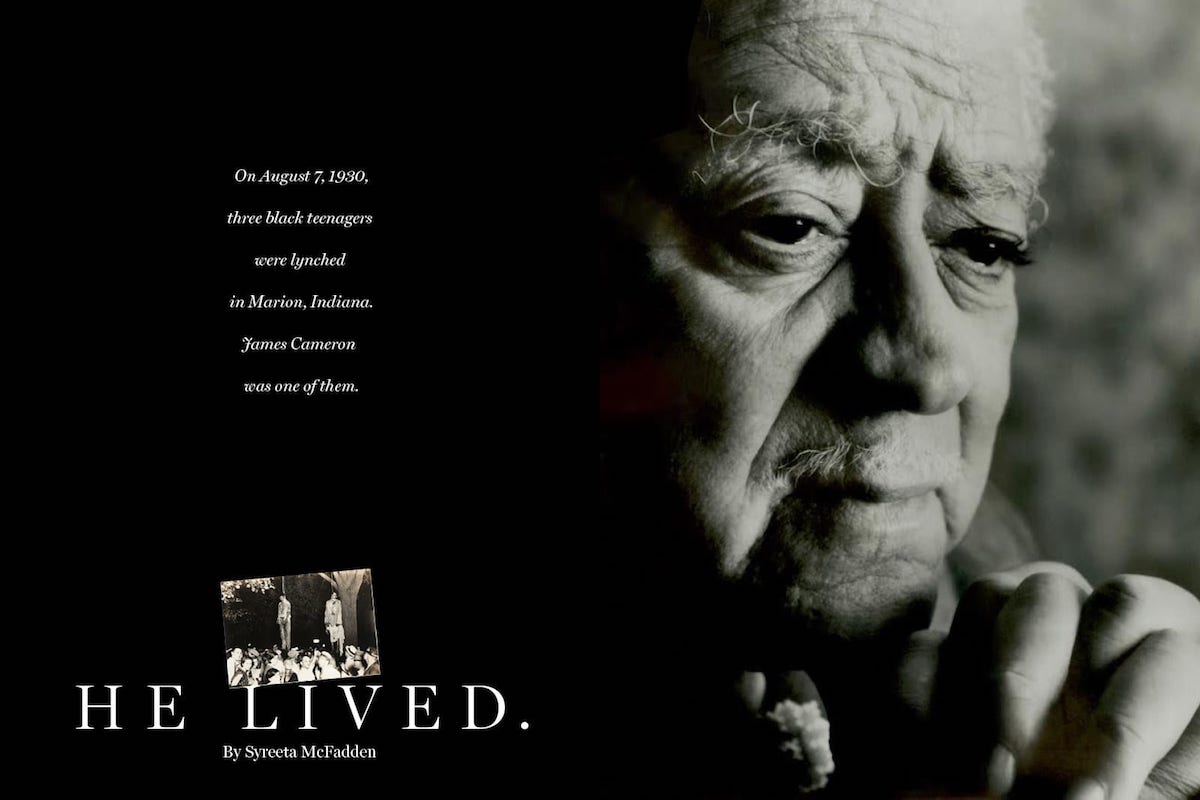
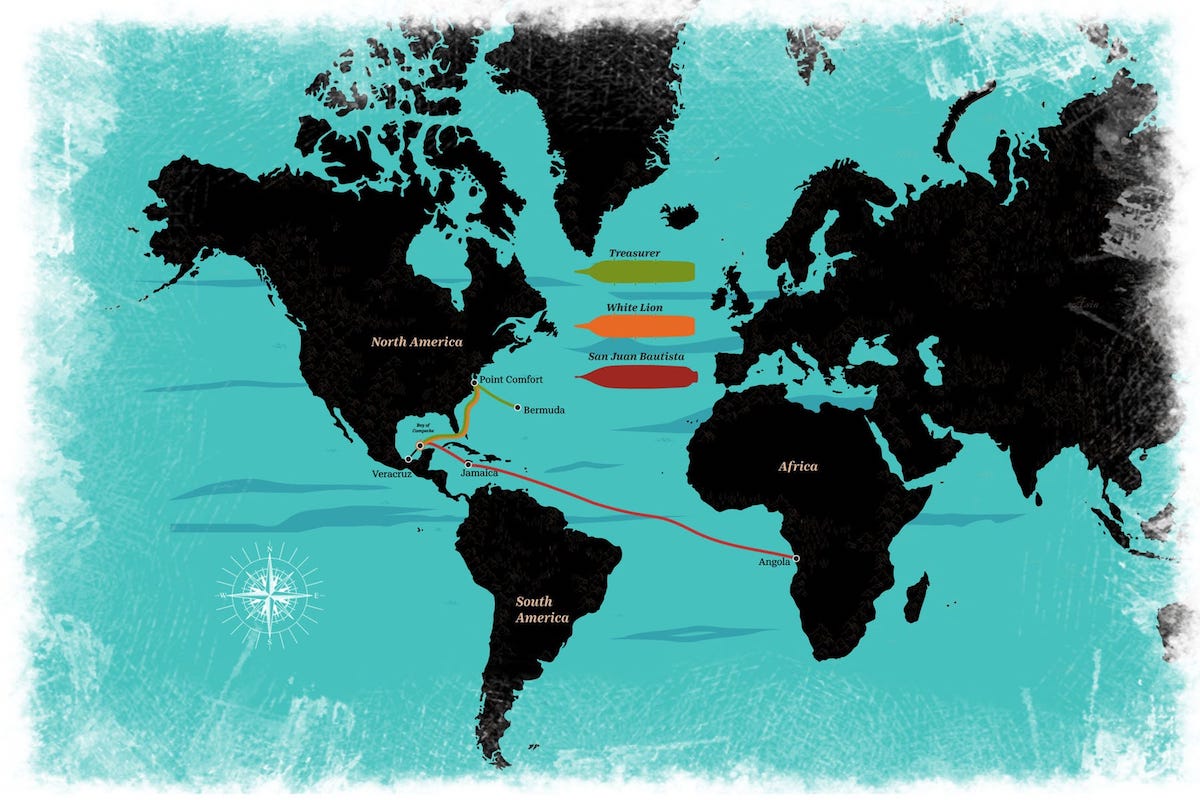
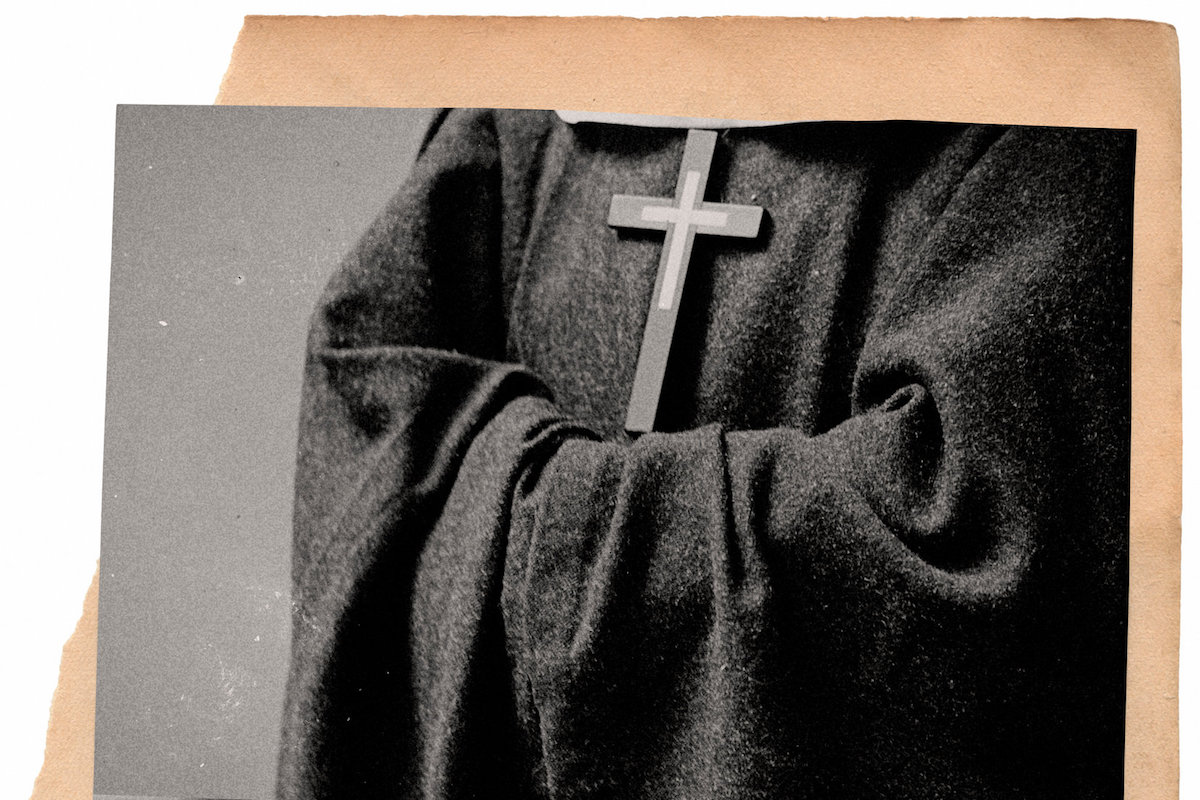
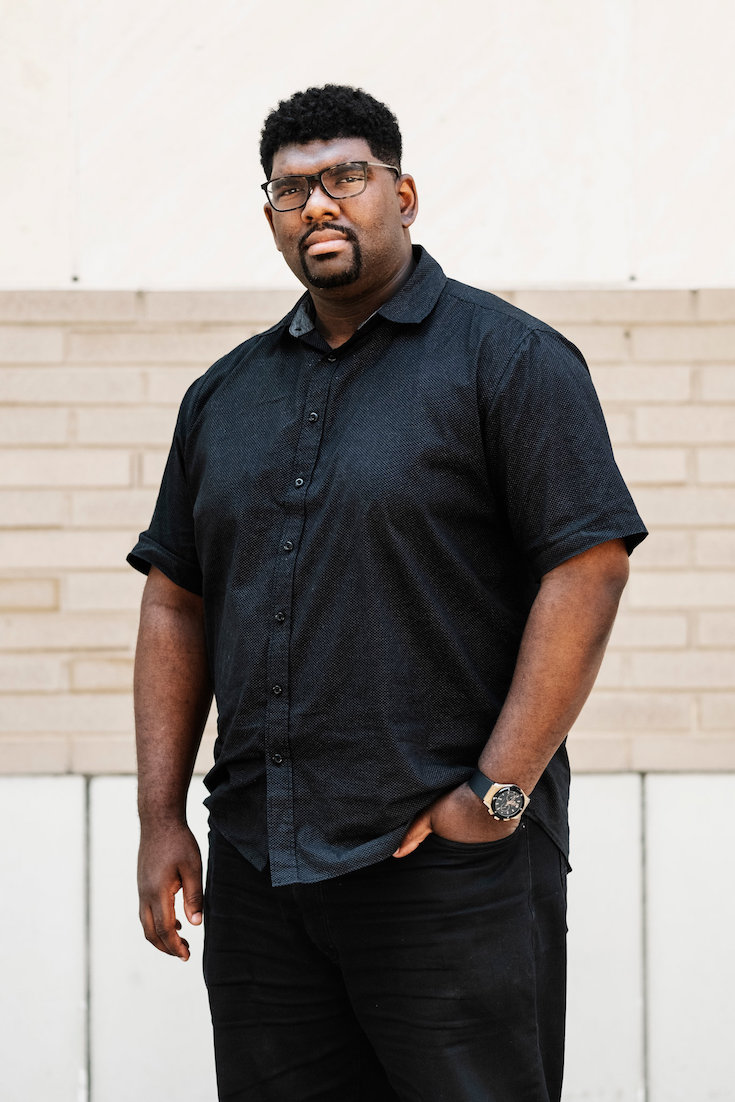
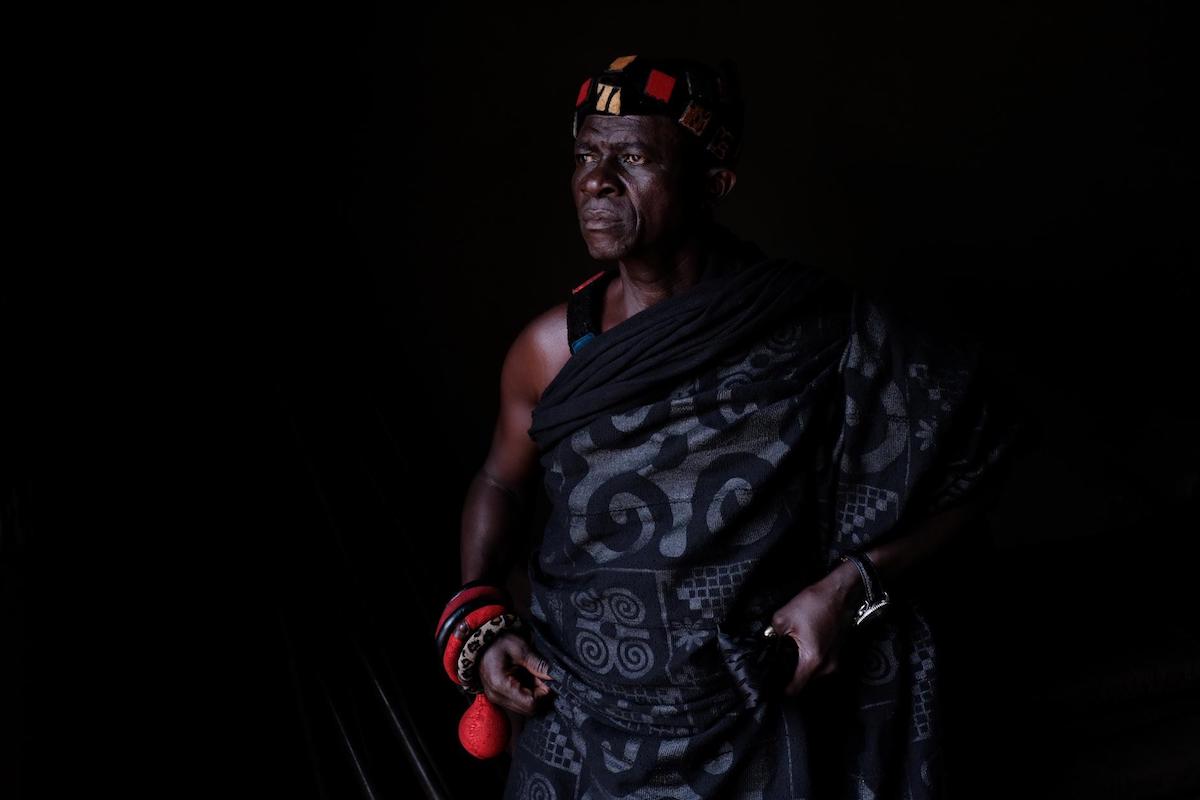
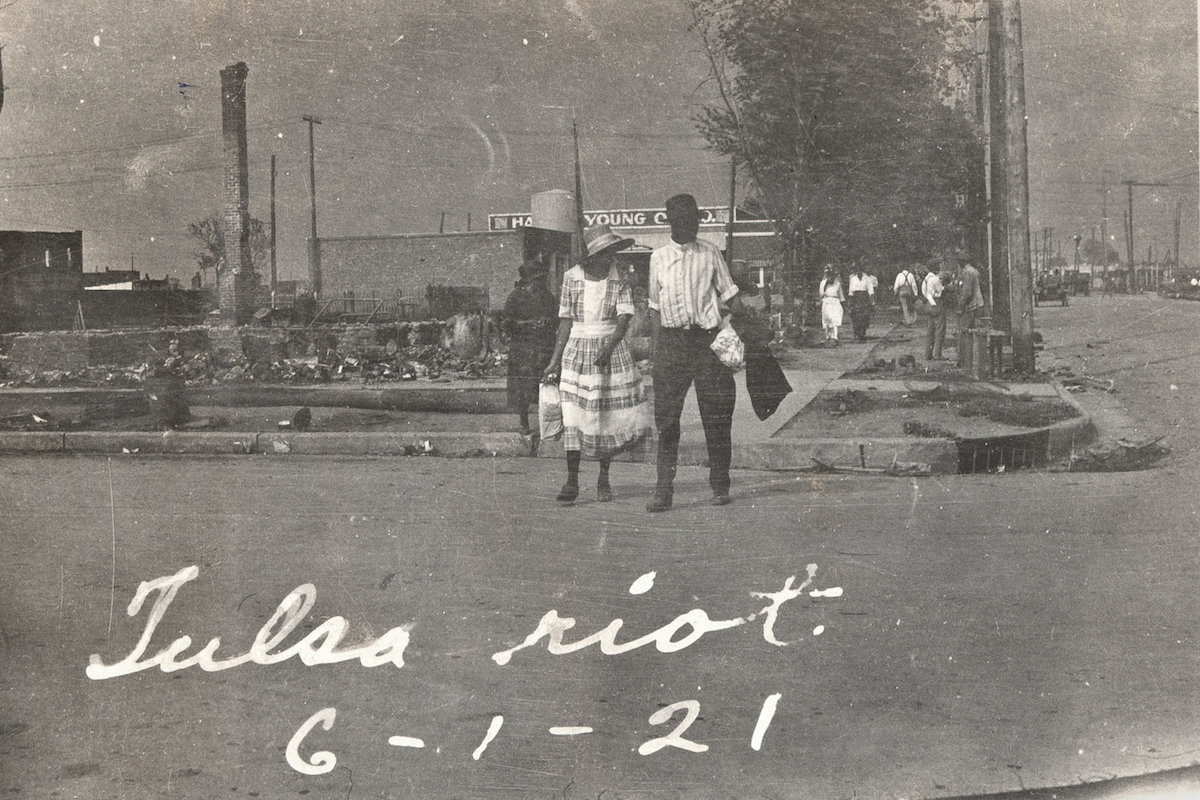
You must be logged in to post a comment.